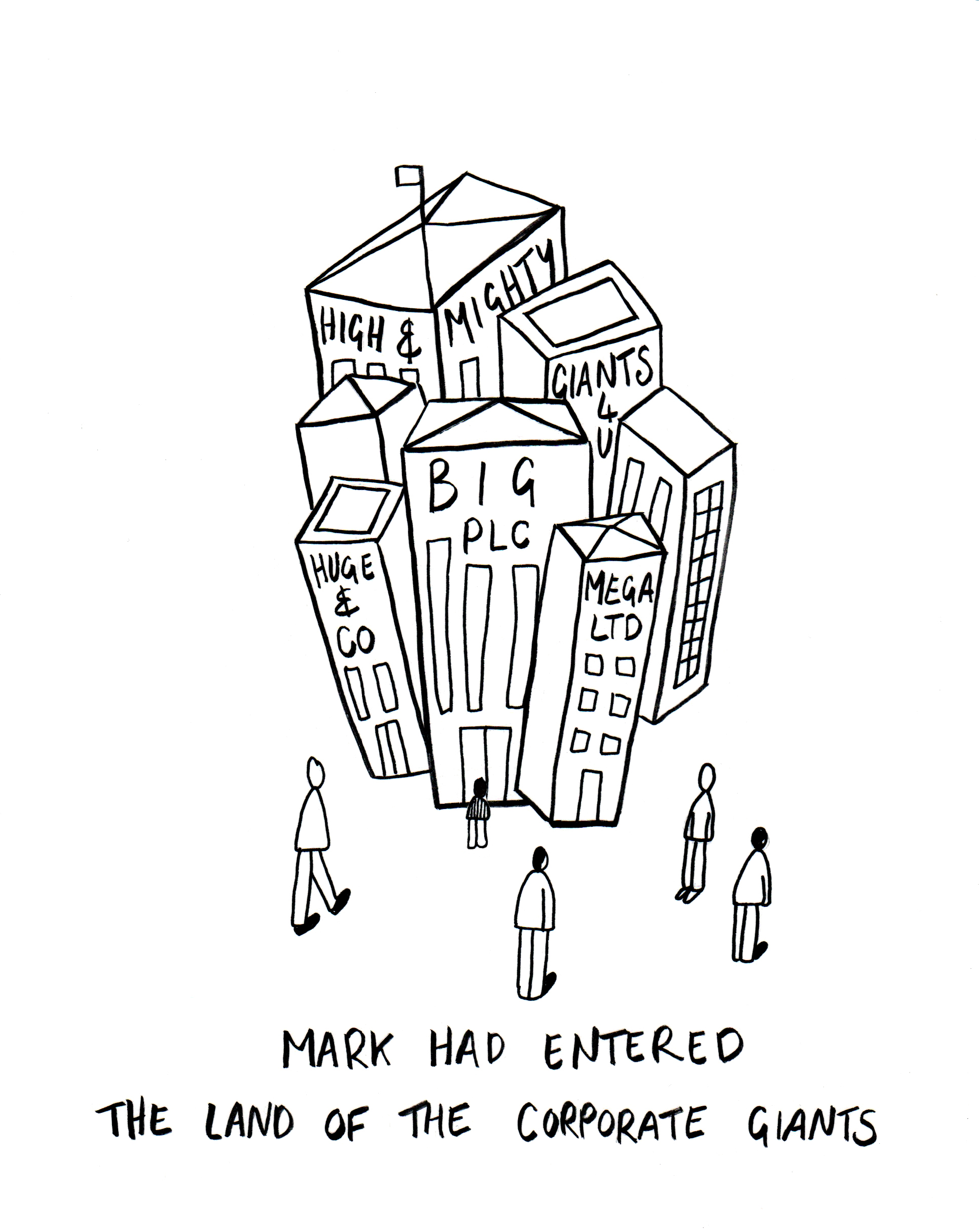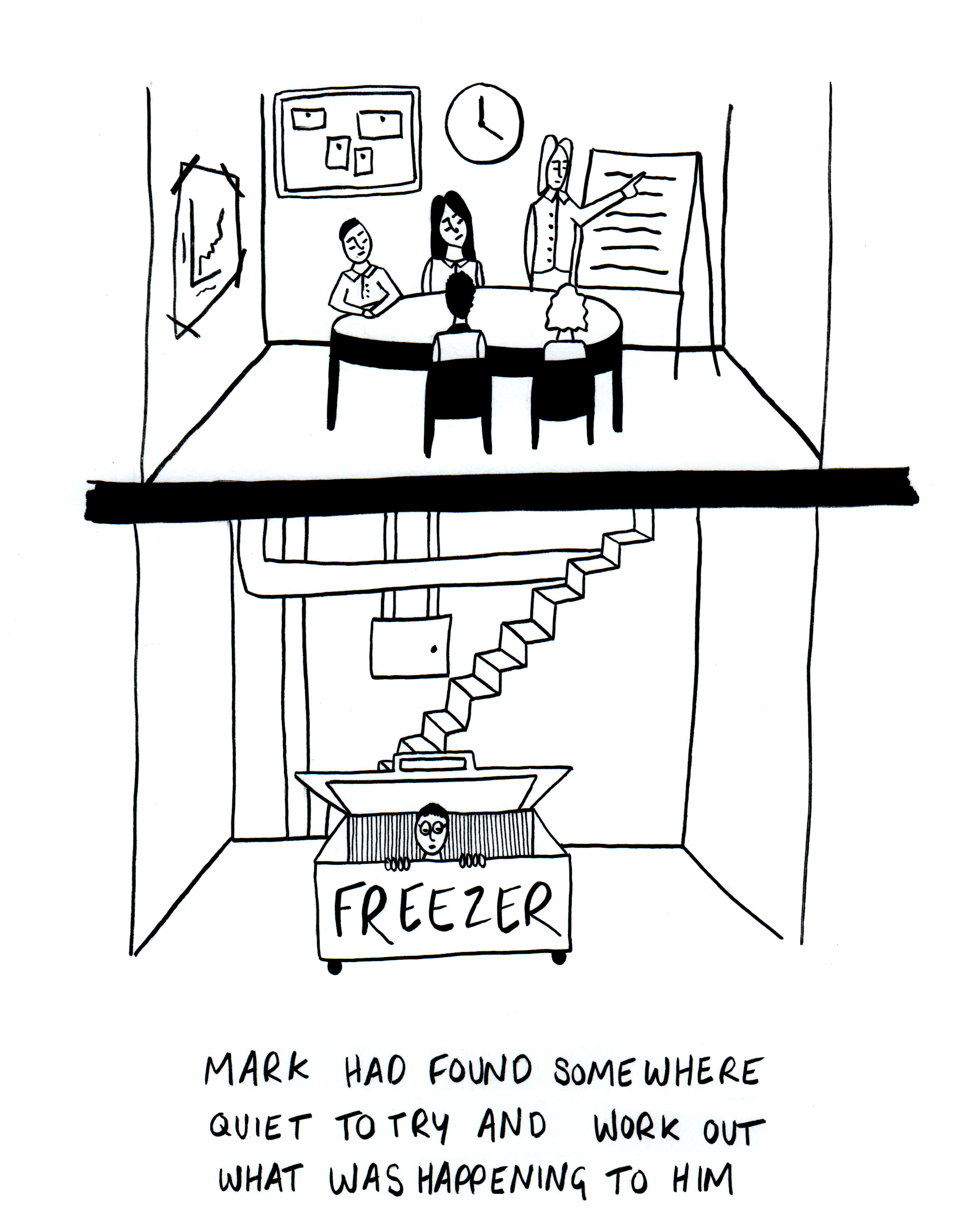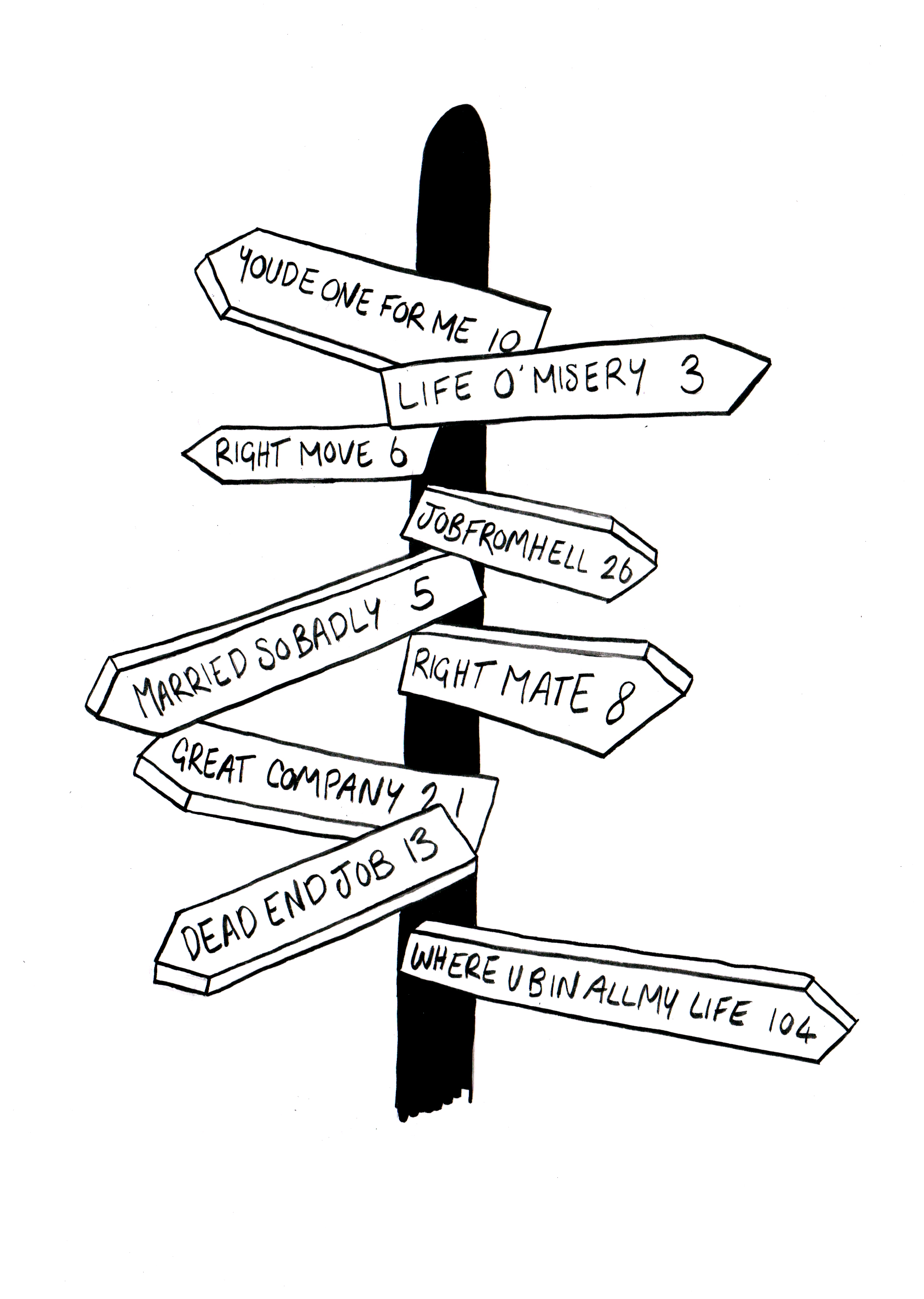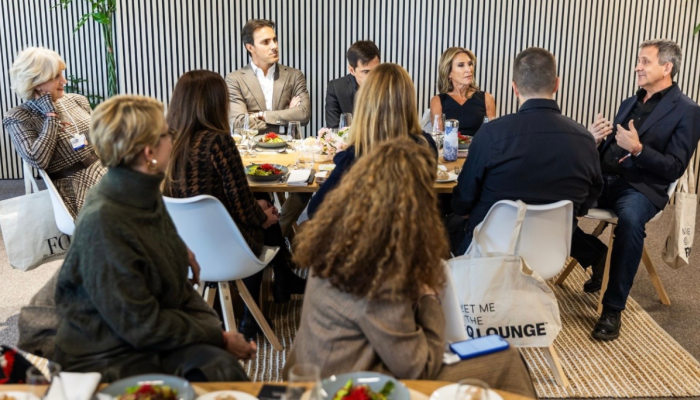In 2001, Mark Simmonds suffered a mental breakdown, caused by extreme stress in the workplace. He spent four months off work, descending into the depths of a devasting depression, before he tried to take his own life in July of the same year. Without success. In March 2019, he had a book published, called Breakdown and Repair which recounts this episode in detail, both the before, the during and the after.
Every month, Mark will take extracts from his book and identify the key lessons that he would like to share with members of the Marketing Society around specific themes in his book. These themes are all linked in some way or other to mental health in the workplace. By being very open and honest about his experiences, he hopes to do his bit to end the stigma surrounding mental illness and encourage others to share their own stories for the benefit of others.
In this first article, he explored the role of genes in mental health, highlighting the importance of understanding your genetic make-up when deciding which corporate environment is most likely to provide the best fit. In this, his second article, he demonstrates how important it is for long term mental health to make sure that there is a comfortable match between your core personality and the environment you choose to work in. If this is not the case, you may end up in deep waters.
In my early twenties, my Worry and Winner genes got their first proper examination when I started working for Unilever, the global consumer goods company co-headquartered in Rotterdam and London. It’s one of the oldest and largest companies in the world and its household brands, like Dove, Axe, Knorr, Magnum, and Domestos, are available in around 190 countries.
Unilever also has one of the most established and respected management trainee programmes for young people who want to forge a career in marketing. As a result, this scheme is highly competitive. I succeeded in joining it in the autumn of 1988, working for Birds Eye Wall’s, one of its operating companies at the time and I was pretty proud of my achievement. So was my Winner gene.
The career roadmap over the next ten years was now neatly laid out in front of me and the future seemed bright. Trainee to Brand Manager to Marketing Manager to Marketing Director. Easy as 1,2,3.
The first few days, weeks, and months were all fairly uneventful. I was a marketing trainee going through a series of job rotations, interspersed with residential training courses every few months or so. I was part of a cohort of other new joiners dabbling in the world of big business for the first time. Nobody was under any great pressure to perform, no big expectations placed on you. You were on a steep learning curve and most mistakes were quickly forgiven.
Twelve months later, I found myself pacing up and down the basement of the Birds Eye Wall’s building in Walton-on-Thames liked a caged animal. I was alone, surrounded only by freezers full of frozen beef burgers and fish fingers and my own confused thoughts. I was trying to work out why I was suddenly feeling so anxious, why I seemed incapable of completing the most basic of tasks at my desk upstairs. I just needed a bit of head space, away from people, to think clearly and try and work out what on earth was going on in my frazzled mind. I wasn’t swamped by major decisions or weighed down under huge amounts of work pressure or imminent deadlines. I was only a trainee, the lowest of the low

A couple of weeks earlier, I had started fretting over every small decision, and with the increased fretting came further indecision. The more indecisive I became, the less productive I was. And the less productive I was, the longer it took me to work my way through the ‘to do’ list for the day. The pressure was gradually building.
I vividly remember one of my responsibilities at this time: to ensure all the copy on the packaging was completely accurate before thousands upon thousands of packs were printed. It was a thankless job requiring me to dive into the detail. I had to check every letter in every word in every line. I always dreaded the call from some wise guy on the production line asking, with just a hint of mischief, whether the company was really selling ‘beef buggers’ instead of ‘beef burgers’. There were significant costs associated with that kind of mistake. So, I would check, re-check and check again.
One day, I looked at that ‘to do’ list of mine and found myself incapable of doing anything on it. I froze. That’s when the basement wandering started.
I had absolutely no idea what was happening to me. This had all come on very quickly, with no obvious warning signs. It had snuck in stealthily underneath the radar and I became very fearful of the events that were slowly unfolding. It was a very uncomfortable and unpleasant sensation I had never experienced before.
The root problem was I had found myself in the wrong job. As a brand manager, I was often at the centre of things, continually involved in decision-making, day in and day out. What’s your view on this? Or that? This pantone colour, or this one? A small beef burger, or a larger one? TV campaign or press advertising? £2 million budget or £3 million? This position of responsibility and the constant need to make judgment calls were pure paradise to my peers, but not to me. There was too much uncertainty, too much grey, not enough black and white. And there was no time to sit back and reflect.
The job certainly wasn’t to blame. And neither was the company. Brand management in Unilever is a great job. Just not a great one for me.

The Secret to Life
I think I have worked out the secret to a happy life. It involves numbers (hear me out!). There are 24 hours in a day. Let’s assume you sleep for eight hours, work for eight hours, and relax for eight hours. Therefore, if you end up with a partner, we can safely assume that the combined time spent at work and with your partner probably accounts for not far off 100% of the total time available.
So, this is the secret. As long as you are blessed with good health and a bit of luck, the route to happiness is firstly picking the right life partner, secondly, choosing the right career, and then sticking with both. The sooner, the better.
If you’re more into words than numbers, Mother Teresa validates the second part of the equation by saying that ‘work without love is slavery’.
Leo Christopher, poet and author, validates the first part with this thought: ‘There’s only one thing more precious than our time and that’s who we spend it on’.
I had found the right partner, but I was still looking for the right career.
I was a square peg in a round hole.

Mental Notes
- Two decisions in life play a fundamental role in determining the quality of your mental health: finding the right career and picking the right long-term partner.
- As far as the former is concerned, the top tip is to assess your own character, your strengths and weaknesses, your values and motivations as accurately as possible. And then find an environment that fits.
By Mark Simmonds
You can order Mark’s book, Breakdown and Repair, on Amazon
You can also follow him on Instagram



